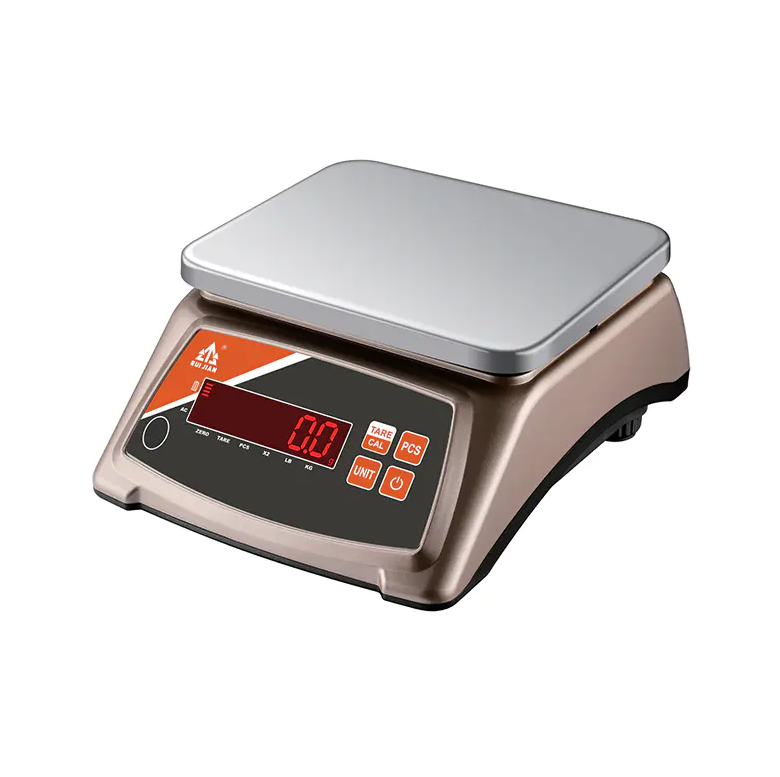Accuracy is one of the most critical factors to consider when evaluating Price Computing Scales, especially for businesses where pricing depends on precise weight measurements. From supermarkets and farmers' markets to butcher shops and seafood stalls, any miscalculation can lead to financial loss, customer dissatisfaction, or even legal issues. Therefore, the weighing accuracy of price computing scales is not only a technical specification but a key performance indicator that directly affects both the business's reputation and profitability.
Modern Price Computing Scales are designed with digital load cells or strain gauge technology, which convert physical weight into readable digital data with high precision. Most commercial-grade scales used in retail environments offer precision levels ranging from 1 gram to 5 grams, depending on the scale's maximum capacity. For example, a 30kg scale might offer 1g or 2g readability, which is more than sufficient for accurately weighing fruits, vegetables, meats, and dry goods. The precision can vary based on the model, use-case requirements, and regional metrology standards, but top-tier scales are typically accurate enough for everyday commercial transactions.
In addition to precision specifications, Price Computing Scales undergo calibration procedures during manufacturing and can be recalibrated periodically to maintain their accuracy over time. Many high-end models come with automatic internal calibration features, which ensure that the scale remains accurate even if moved, tilted, or subjected to changing temperature conditions. This is particularly useful in markets or mobile vending setups where the device is frequently relocated. Some models even feature overload protection, which prevents the internal components from being damaged and affecting weighing accuracy in the long term.
Furthermore, certified Price Computing Scales are often subject to government regulations and legal-for-trade requirements, which means they are tested and sealed by authorized metrological institutes. Scales that are labeled as “Legal for Trade” or have received OIML or NTEP certifications have passed strict accuracy tests and are legally allowed for use in commercial transactions involving direct customer sales. This level of certified accuracy is not just a feature—it’s a legal necessity in many countries to ensure fairness in retail.
User practices also influence the performance of weighing accuracy. Using the scale on a flat, vibration-free surface, avoiding overloading, and performing regular cleaning can all help maintain its precision. Dust, moisture, and mechanical shock are among the most common factors that degrade accuracy, but quality models are often built with protective designs like waterproof keypads, sealed displays, and anti-slip feet to mitigate these risks.
In conclusion, Price Computing Scales offer excellent weighing accuracy, making them suitable and reliable for a wide range of commercial applications. With precision typically ranging from 1 to 5 grams, robust calibration features, and compliance with trade certification standards, these devices ensure businesses can operate confidently and transparently. When maintained and used properly, a good price computing scale is not only a pricing tool but a pillar of trust between seller and customer. As retail environments evolve, the demand for ever more accurate and reliable Price Computing Scales continues to grow, pushing manufacturers to innovate and improve their measurement technologies even further.
Preventing the dust and insects more effectively with an external aluminum alloy bracket.
The scale lasts up to two months on a single charge with a 4V5AH large-capacity battery.
Stainless steel Key, and every key could be used up to 100,000 times.
